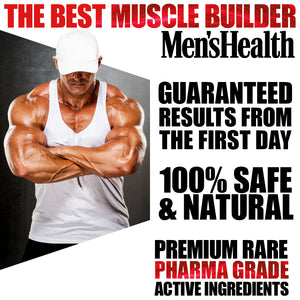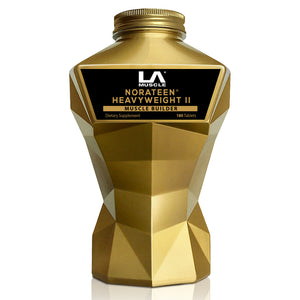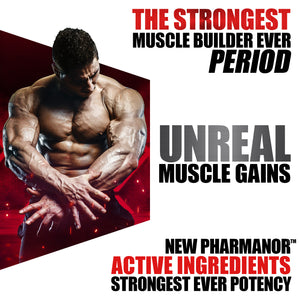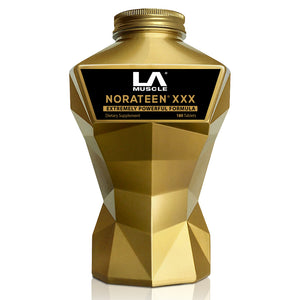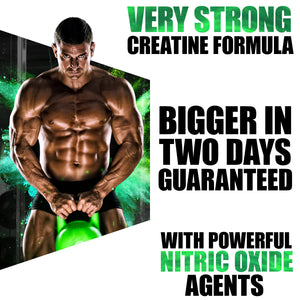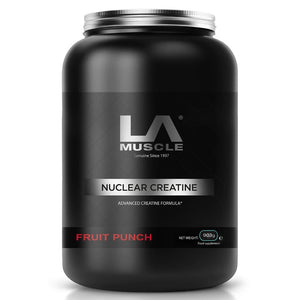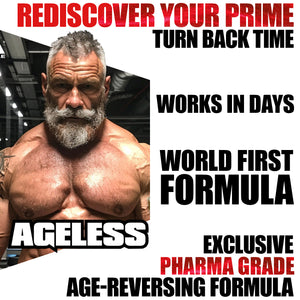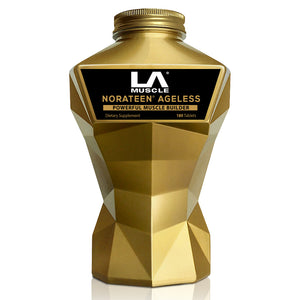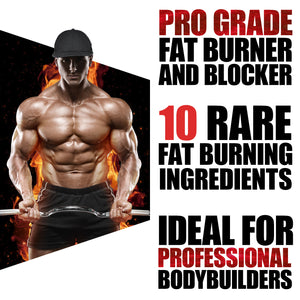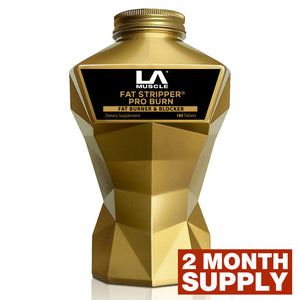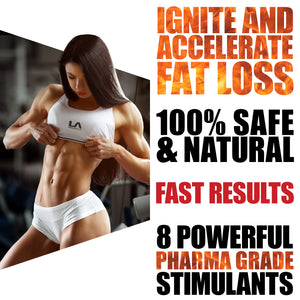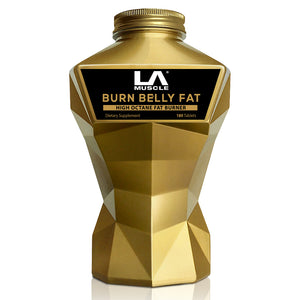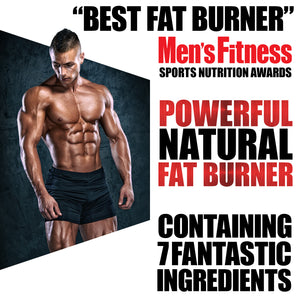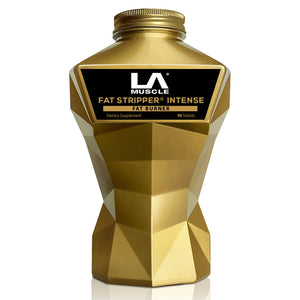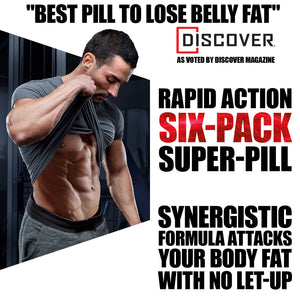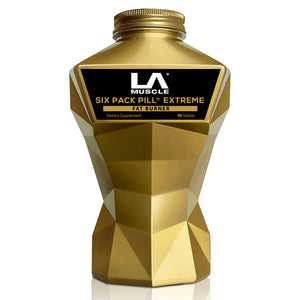
For decades, mainstream health advice has painted cholesterol as the villain in cardiovascular disease. This perspective has driven a global shift toward low-fat diets, widespread use of statins, and a cultural fear of eggs, butter, and other cholesterol-rich foods. However, a growing number of individuals and researchers challenge the conventional wisdom, arguing that cholesterol is not inherently harmful and is, in fact, essential for health. Let's explore why some people question the narrative that high cholesterol is bad for you and believe that cholesterol plays a vital role in overall well-being.
The Importance of Cholesterol in the Body
Cholesterol is not some foreign invader to be eradicated. It is a waxy, fat-like substance produced naturally by the liver and found in every cell of the body. It plays numerous critical roles, including:
-
Hormone Production
Cholesterol is a precursor for vital hormones such as testosterone, estrogen, cortisol, and progesterone. Without sufficient cholesterol, the body cannot maintain proper hormone balance, which affects everything from metabolism to mood and reproductive health. -
Cell Membrane Integrity
Cholesterol is essential for the structural integrity and fluidity of cell membranes. It helps regulate what enters and exits cells, ensuring they function optimally. -
Vitamin D Synthesis
When sunlight hits the skin, cholesterol in the body is converted into vitamin D, a nutrient critical for bone health, immune function, and mood regulation. -
Bile Production for Digestion
Cholesterol is required to produce bile, which helps digest fats and absorb fat-soluble vitamins like A, D, E, and K.
Challenging the "Cholesterol Causes Heart Disease" Hypothesis
Critics of the cholesterol-heart disease hypothesis point to several reasons why they believe the relationship is oversimplified or even misunderstood:
-
Correlations, Not Causation
The original studies linking cholesterol to heart disease were based on observational data, which cannot prove causation. Critics argue that other factors, such as inflammation, stress, and hormone resistance, play a more significant role in cardiovascular disease. -
Flawed Research Foundations
Many point to flaws in the foundational research, such as the famous Seven Countries Study led by Ancel Keys. This study suggested a link between dietary fat and heart disease but has since been criticised for cherry-picking data to fit a pre-existing hypothesis. -
The Role of Inflammation
Emerging research highlights inflammation, not cholesterol, as the primary driver of atherosclerosis (plaque buildup in arteries). Cholesterol may only play a secondary role, as the body uses it to repair damaged arterial walls caused by chronic inflammation. -
Subtypes of Cholesterol Matter
Total cholesterol levels alone are not a reliable predictor of heart disease. Low-density lipoprotein (LDL) and high-density lipoprotein (HDL) cholesterol have different effects on the body, and even LDL can be divided into subtypes, some of which are benign or even protective.
Low Cholesterol: The Overlooked Danger?
While high cholesterol has been demonised, low cholesterol levels are rarely discussed in mainstream health conversations. However, there is evidence to suggest that abnormally low cholesterol can have serious health consequences:
-
Mental Health Risks
Low cholesterol is associated with depression, anxiety, and an increased risk of suicide. Cholesterol is crucial for brain health, as it helps form the myelin sheath that protects neurons. -
Weakened Immune Function
Cholesterol plays a role in fighting infections. Studies have shown that individuals with low cholesterol may have a higher risk of severe infections and mortality from illnesses like sepsis. -
Higher Mortality in Older Adults
Research indicates that high cholesterol is not necessarily harmful in older adults and may even be protective. In contrast, low cholesterol levels have been linked to an increased risk of mortality from all causes.
A Shift in Perspective: Cholesterol as a Friend, Not a Foe
Advocates of the pro-cholesterol perspective argue that the vilification of cholesterol stems from outdated science and a misunderstanding of its role in the body. They emphasise the following points:
-
Dietary Cholesterol Isn't the Enemy
Research now shows that dietary cholesterol has little impact on blood cholesterol levels for most people. Foods like eggs and butter, once shunned, are now being reconsidered as nutritious. -
Cholesterol Is a Healing Agent
High cholesterol might not cause disease but rather be a response to underlying issues like inflammation or tissue damage. It is part of the body's repair mechanism. -
Statins: Benefits vs. Risks
While statins lower cholesterol, critics argue that they may not address the root causes of heart disease and can have side effects, including muscle pain, fatigue, and memory issues.
The conversation around cholesterol is evolving, with increasing numbers of people questioning long-held assumptions. While high cholesterol is still viewed as a risk factor by many in the medical community, others argue that it is a misunderstood and scapegoated molecule essential for human health. Also the fact that they keep changing the threshold for Cholesterol levels has many people suspecting that the whole cholesterol debate is really geared up for the Pharmaceutical companies to sell more drugs.
Ultimately, health is complex, and reducing the risk of disease requires looking beyond cholesterol levels to consider diet, lifestyle, inflammation, and metabolic health. Whether you fall on the conventional or alternative side of the debate, one thing is clear: cholesterol plays a vital role in keeping the body functioning—and deserves a more nuanced discussion.


